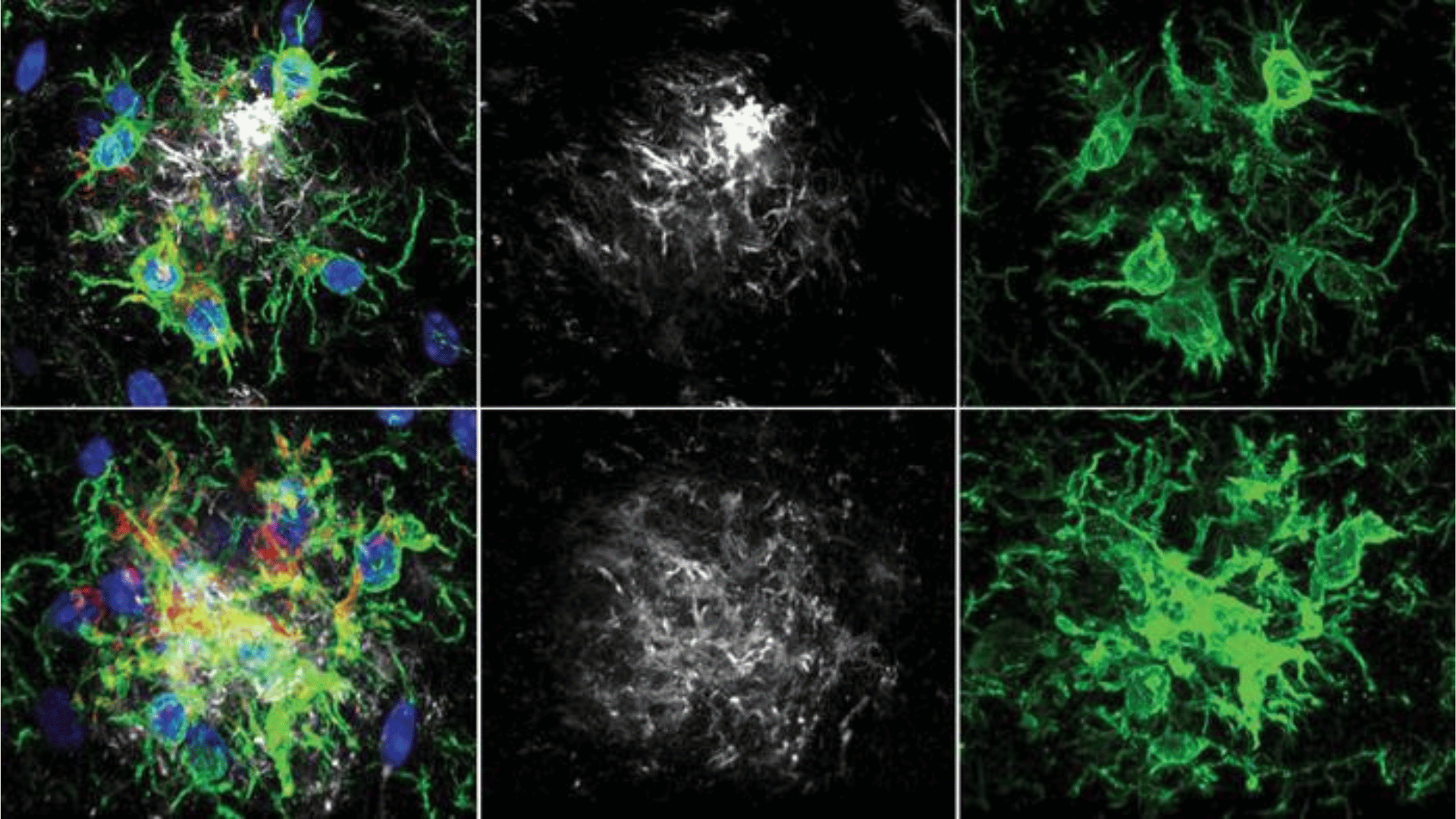In a potentially transformative step for electric mobility, a global first for dynamic induction charging on a live motorway has begun on France’s A10 motorway southwest of Paris.
The “Charge as you drive” project, spearheaded by a consortium, including VINCI Autoroutes, Electreon, VINCI Construction, Gustave Eiffel University, and Hutchinson, is testing a system that allows electric vehicles, from heavy-duty trucks to passenger cars, to recharge directly from the road while driving.
The core promise of this Electric Road System (ERS) could drastically reduce the required size of vehicle batteries. Smaller batteries mean vehicles that are less expensive, lighter, and more energy-efficient. As a result, it increases cargo capacity and eliminates downtime for stationary charging. This also brings substantial environmental benefits, reducing the demand for raw materials and lowering the carbon footprint associated with battery manufacturing.
Charge As You Drive

Following extensive laboratory tests and mechanical durability trials, induction coils were installed over 1.5 km of the A10 roadway. Now, prototype vehicles, including a truck, utility vehicle, car, and bus, are driving on the motorway under real traffic conditions.
The initial findings are highly encouraging. Three laboratories from Gustave Eiffel University conducted on-site test campaigns. They reported that “the installed inductive system can safely deliver peak power above 300 kW and average power above 200 kW under optimal steady-state conditions.”
Consortium leaders see this as a pivotal validation of the technology.
“The initial results of the ongoing trials on a section of the A10 motorway confirm the findings of previous studies,” Nicolas Notebaert, CEO of VINCI Concessions and President of VINCI Autoroutes, said. “Deploying this technology on France’s main road networks, in addition to charging stations, will further accelerate the electrification of heavy-vehicle fleets—and thereby reduce greenhouse gas emissions from the freight and logistics sector, which alone accounts for more than 16% of the country’s total emissions.”
Oren Ezer, Electreon’s CEO, emphasized the technological achievement. “This is a pivotal moment in the global development of electric roads,” he said. “The system’s outstanding performance, demonstrated through the project and verified by independent laboratories in France, shows that our technology is the only one capable of delivering dynamic vehicle charging with such power and reliability—without any competitors able to match its standard.”
With almost 90% of goods moved by road in France, the ERS offers a critical path to substantially cutting CO₂ emissions from the freight sector.







